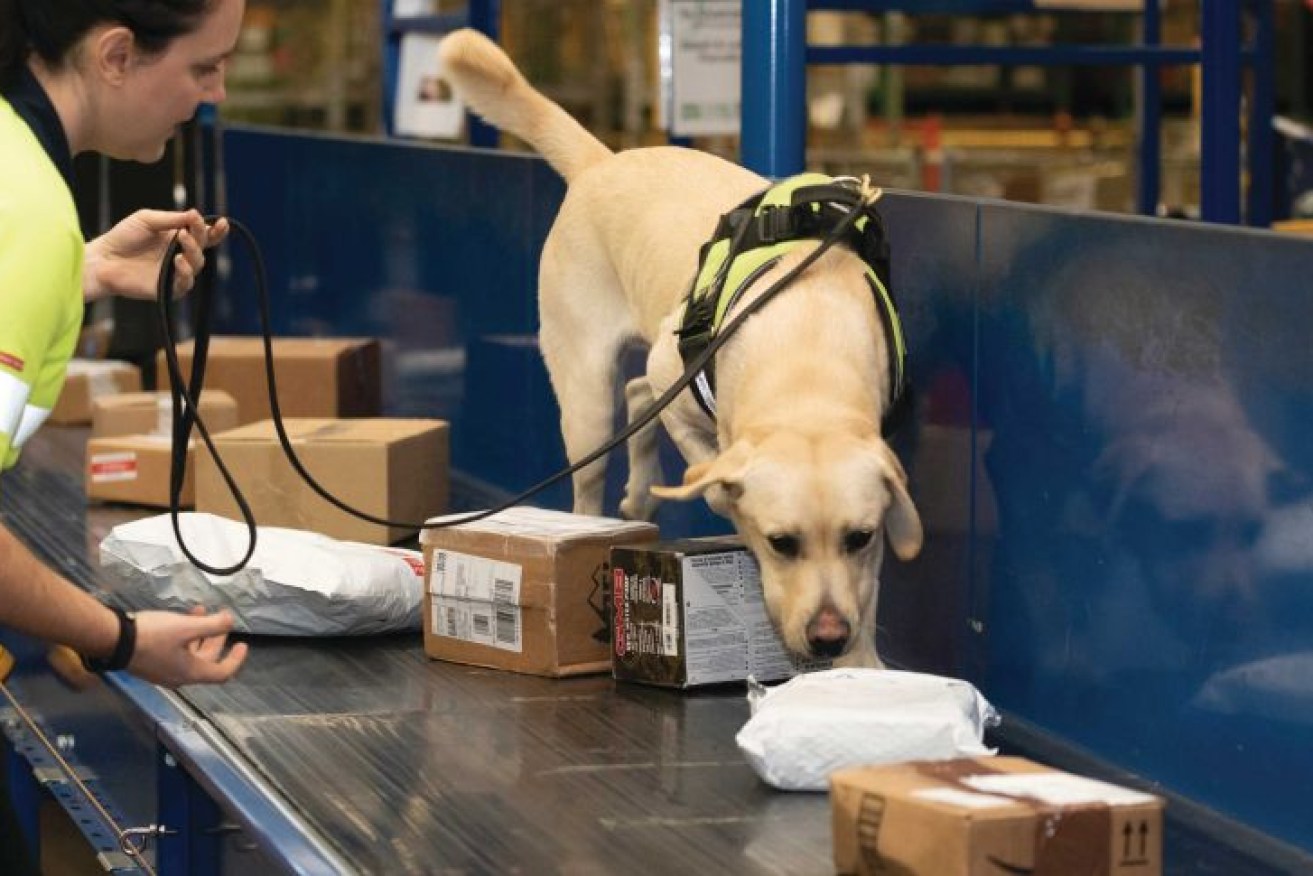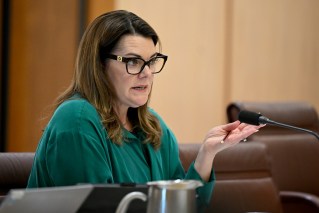More mystery seeds turn up uninvited in Australian letterboxes

Australian authorities say they've intercepted 45,000 "risky seed parcels" at international mail centres in 2020. Photo: ABC/Department Of Agriculture, Water And Environment
More than 260 unidentified, unsolicited, mystery seed parcels have been found in letterboxes around Australia this year, raising serious concerns about biosecurity breaches.
Despite authorities using detector dogs and x-ray machines to intercept 45,000 “risky” seed parcels at mail centres across the country, the mystery seeds were reported to the Department of Agriculture, Water and Environment by concerned community members, prompting fears more seeds could have escaped detection.
“These reports are important and demonstrate the vital role the community plays in identifying and reporting biosecurity risks,” acting chief plant protection officer Gabrielle Vivian-Smith said.

The Department of Agriculture Water and Environment is asking anyone who receives mystery seeds in the mail to contact authorities. Photo: ABC
Dr Vivian-Smith said seeds made up 75 per cent of biosecurity interceptions at Australian mail centres.
“This is a concern for Australia as seeds that arrive from overseas and do not comply with our biosecurity conditions can carry a range of risks.”
Dr Vivian-Smith did not say from where the seeds had been posted, but earlier this year the department reported dozens of packets of mystery seeds had arrived unsolicited from China, Malaysia, Taiwan, Uzbekistan and Pakistan.
It was suspected some of the mystery seeds had been posted in a brushing scam.
Biosecurity threat
Authorities have warned it might be backyard gardeners who are on the frontline for seed packets and that if a biosecurity breach occurs it could disrupt more than a local veggie patch.
Cucumbers, tomatoes, capsicums and melons are just some of the vegetable crops struck by biosecurity incursions in recent years.
Modelling by the Australian government and University of Melbourne last month found that over 50 years, the value of Australia’s “biosecurity system is $314 billion, protecting assets valued at over $5.7 trillion over the same period”.
Earlier this year Agriculture Minister David Littleproud axed a promised, but never commenced, biosecurity levy that would have raised $325 million over three years.
The levy, announced in the 2018 federal budget would have charged $1 per tonne of raw freight and $10 per shipping container entering the country.
The government maintained the decision to axe the levy would not affect biosecurity funding, but former Agriculture Minister Bridget McKenzie recently told the ABC that more needed to be done to find a sustainable funding model.
“This is our key brand proposition to the world, that we are clean, green, pest and disease free and we’ve got to invest in a sustainable funding model to actually maintain that over time, because the risk is always increasing,” Senator McKenzie said.
National Farmers Federation president Fiona Simson has also told the Government that Australia needs to “do better” when it comes to biosecurity.
“We’re an island nation, it shouldn’t be that hard, but we keep seeing these things come through and our message to government is that we need to continually upgrade our biosecurity arrangements where products are coming in, to make sure these things are not coming into our country,” Ms Simson said.
The department advises to report a potential biosecurity breach, visit awe.gov.au/report or phone 1800 798 636








